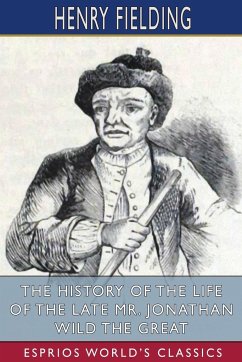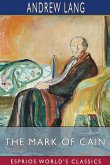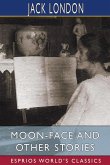Henry Fielding (22 April 1707 - 8 October 1754) was an English novelist and dramatist known for his earthy humour and satire. His comic novel Tom Jones is still widely appreciated. He and Samuel Richardson are seen as founders of the traditional English novel. He also holds a place in the history of law enforcement, having used his authority as a magistrate to found the Bow Street Runners, London's first intermittently funded, full-time police force. The Theatrical Licensing Act of 1737 is said to be a direct response to his activities in writing for the theatre. Although the play that triggered the act was the unproduced, anonymously authored The Golden Rump, Fielding's dramatic satires had set the tone.








